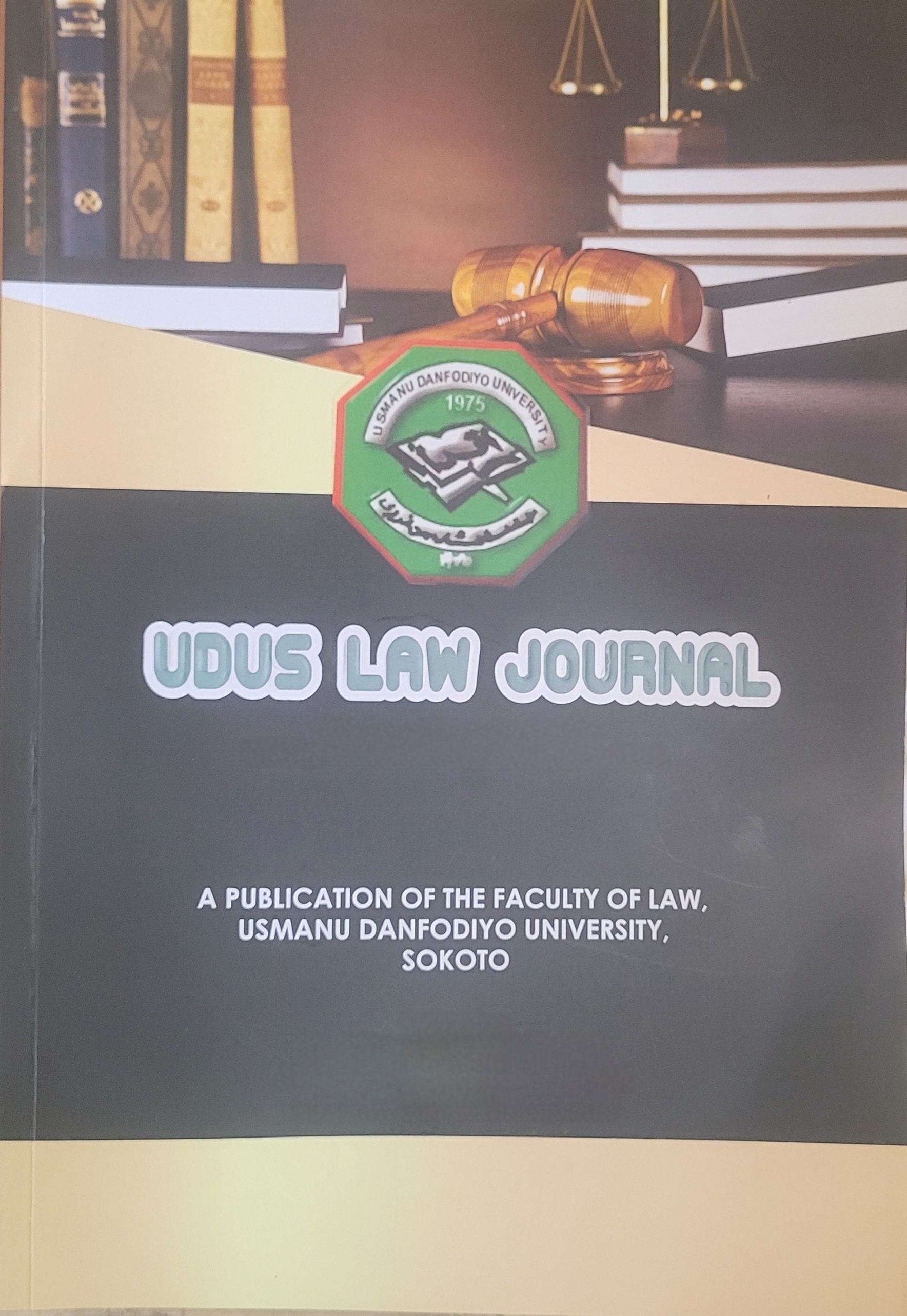Abstract
Child labour has been recognised as a violation of the right of the child. Children worldwide are engaged in exploitative child labour due to their vulnerability hence the involvement of international community to proper legal response to protect the right of the child against child labour. In that regards conventions and protocol were enacted for the purpose of the protection of the child against child labour. These conventions and protocols serve as a guide for the state parties to take appropriate measures, legal, administrative and otherwise, to recognise the right of the child to be protected from economic exploitation and from performing any work that is likely to be hazardous or to interfere with the child education or to be harmful to the child’s health or physical, mental, spiritual, moral or social problem. Despite the ratifications of the conventions by the state parties child labour still persist for the fact that the state parties adopted the conventions without recourse to the peculiarities of each state. To effectively address child labour there is the need for the state parties to appreciate the peculiarity of each state. The research used doctrinal method where work of authors are analysed and used as source of information. It is the finding of this research that the conventions recognised child rights to culture and religion but the Conventions do not consider cultural practices and religious differences of the United Nations members. The research suggests that state parties should, while adopting the Conventions consider cultural practices and religious belief of its citizens.



 National Library of Nigeria
National Library of Nigeria.jpg) Association of Nigerian Authors
Association of Nigerian Authors Nigerian Library Association
Nigerian Library Association EagleScan
EagleScan Crossref
Crossref